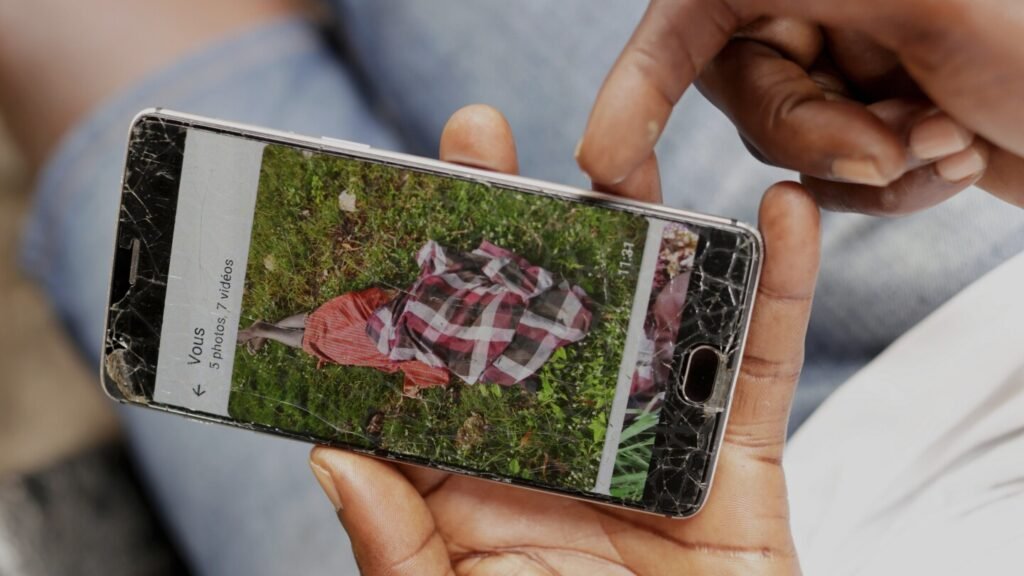LOME, Togo (news agencies) — The family courtyard where Jacques Koami Koutoglo used to play football with his cousins in a working-class neighborhood in Togo ‘s capital now sits silent. The ball he once kicked around lies deflated beside a bundle of firewood.
“Jacques died for Togo,” his uncle, Koutoglo Kossi Mawuli, said quietly, eyes heavy with grief.
The 15-year-old is one of several people who died during mass protests in the West African nation against constitutional changes that many fear will cement President Faure Gnassingbé’s grip on power — and lengthen a ruling dynasty that has lasted over half a century.
The 59-year-old Gnassingbé, who has ruled since 2005 after his father’s death, was sworn in as president of the Council of Ministers in May. The executive body was created last year with little notice by a parliament whose term had just expired, and Gnassingbé swiftly signed off on the constitutional change despite public outcry. The new role has no term limits, and Gnassingbé can stay on indefinitely.
Local civil society groups and social media influencers had called for protests last month after the government announced a clampdown on demonstrations. Many young Togolese are drawing inspiration from recent uprisings across West Africa, where youth movements challenged entrenched regimes.
Koutoglo had just completed secondary school and was eagerly waiting for exam results. He had dreams of becoming a footballer and spent evenings practicing his moves. He often helped at his uncle’s cafeteria during school breaks.
On the morning of June 26, the day of the protests, he vanished.
“Since our family compound is large and full of cousins, we assumed he was with someone else,” Mawuli said. But when evening came and the boy hadn’t returned, unease turned into panic.
The next day, a fisherman discovered a body floating in the lagoon a hundred meters (yards) from their home. The family rushed to the scene. It was Koutoglo. His face was bruised, and blood had streamed from his nose.
“He didn’t go to any rally,” Mawuli said. “He must have panicked when he heard the tear gas and gunshots. He got caught up in the chaos.”
Civil society groups say at least five people, including Koutoglo, died during the demonstrations and dozens were injured, and accuse security forces of making arbitrary arrests, assaulting civilians with batons and ropes, and looting or vandalizing private property.
In Koutoglo’s neighborhood of Bè, a densely populated and historically restive part of Lomé, witnesses described security forces chasing down youth, even into private homes.
“They came into our courtyard. They fired gas. They beat people,” said a neighbor who spoke on condition of anonymity for fear of reprisals.
Koutoglo was buried swiftly, in line with local customs for those who die violently. The other victims were taken to the morgue.
Koutoglo’s uncle said the family intends to press charges and demand an independent investigation into his nephew’s death.
